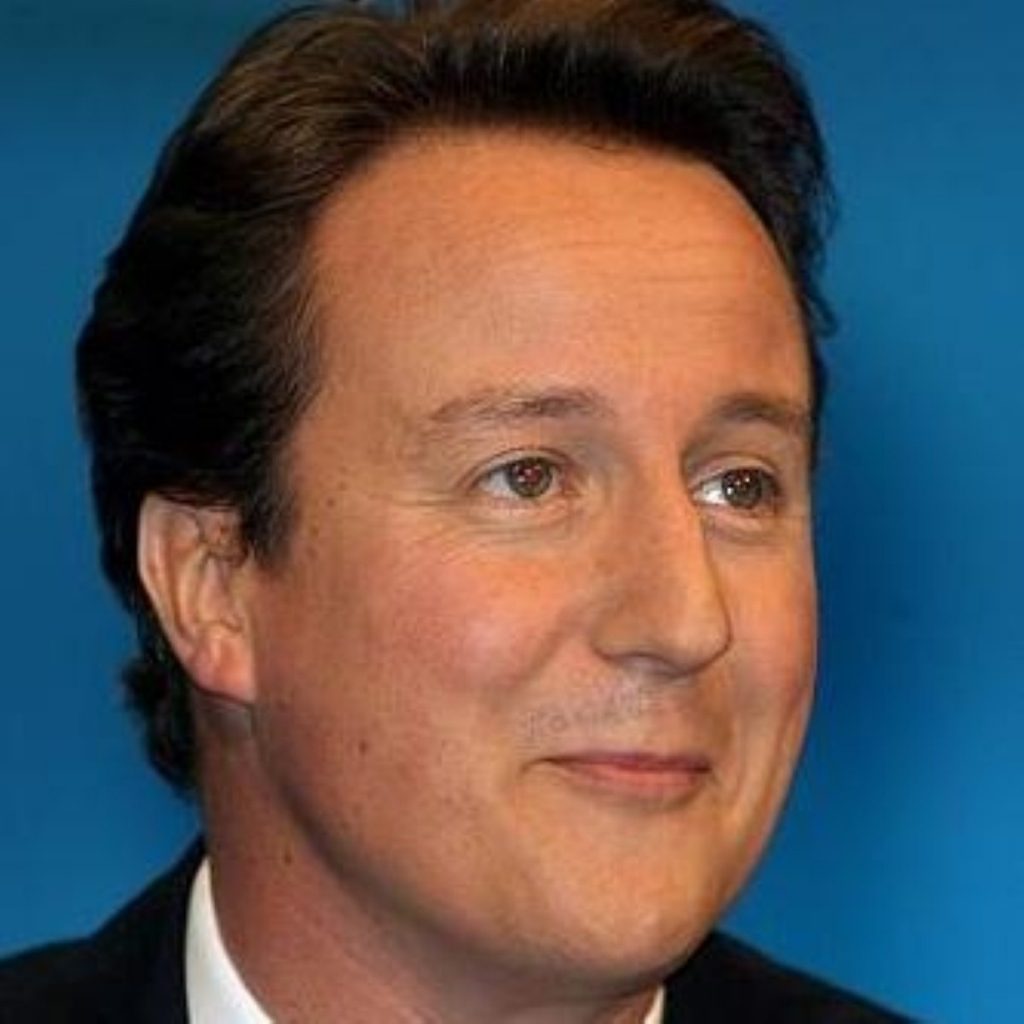Cameron calls for new mark of adulthood
There is a “strong case” for harmonising the ages at which young people can drive, drink, vote and get married, David Cameron said today.
The Conservative leader said there was “confusion” in age-related legislation which, combined with the absence of any cultural rite of passage in Britain, made it difficult for young people to know when they must take on the responsibilities of adulthood.
“There’s a strong case for clearing up some of the confusion and moving towards greater uniformity in age-related legislation,” Mr Cameron said.
However, he also suggested there was a case for introducing some kind of social marker that young people, particularly those who leave school at 16, could use to prove they understood their role in society.


He was speaking at the launch of the Young Adult Trust, a project which, although independent, fulfils his aspirations for a national programme for school leavers that would teach them the responsibilities of being adults.
“The Young Adult Trust will be investigating a more interesting idea – formally linking rights to responsibilities,” the Tory leader said.
“The idea is that you can achieve ‘early adult status’ if you have shown, through completing a programme like the Young Adult Trust, that you’re a responsible adult citizen. I believe this is a debate worth having.”
The trust, which is being piloted in Warrington but will be rolled out nationwide next year, also aims to improve community cohesion, something Mr Cameron said could not be achieved by government alone.
“I don’t believe that the debate about community cohesion should be reduced to a controversy about what a small number of Muslim women wear,” he said, referring to the recent row over the Muslim veil.
He continued: “I think of myself as a practical politician. I ask myself what we can actually do about community cohesion. And I think that the Young Adult Trust is part of the answer. An important part of the answer.”
The trust did “something practical and tangible about the fact that in many of our towns and cities, whole communities seem to be living separate lives”, he said.
It would be “something like national service – not military, not compulsory, but in the same spirit, mixing up classes and backgrounds”. As a two-week residential programme, it would give young people time to get to know each other and “develop as a person”.
Paraphrasing Admiral Nelson’s words at the Battle of Trafalgar, he said: “Britain expects that every man and every woman will do their duty.
“Because ‘expectation’ and ‘duty’ are as relevant, and as necessary, now as they have ever been. After all, ultimately it is social expectation, not state enforcement, which makes us do what we do – good or bad.”









